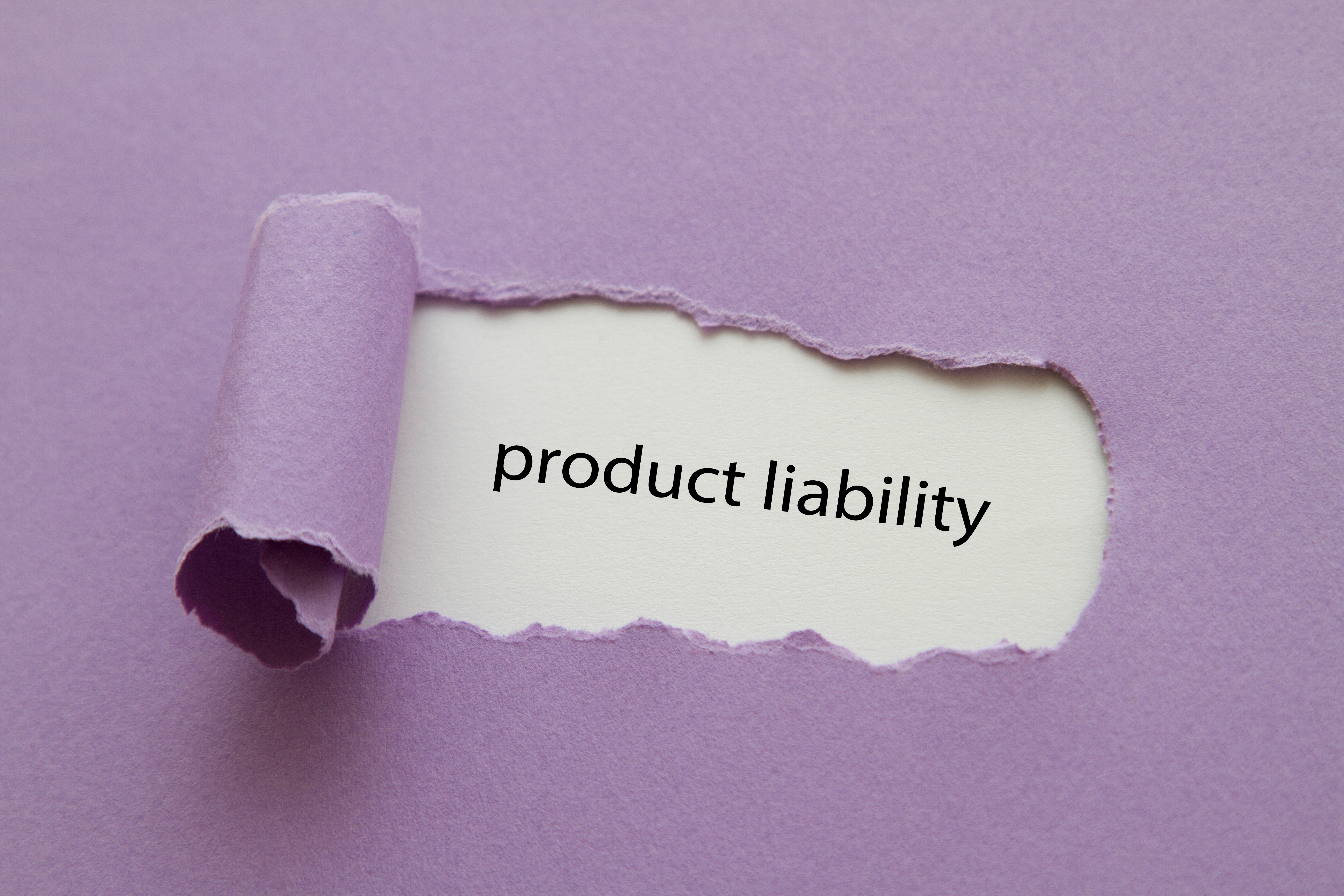In 2019 the Consumer Product Safety Commission estimated that 36,267,000 people sought medical treatment for consumer product-related injuries; from that value, CPSC estimated that 50,9000 of those cases resulted in consumer product-related deaths. These staggering statistics highlight the magnitude of damage that defective products pose to consumers. One avenue that affected individuals can take when resolving their injury-related claims is to file a product liability action. Generally, product liability actions provide plaintiffs with a cause of action if they are injured by defective consumer items.
In North Carolina, a products liability action includes, “any action brought for or on account of personal injury, death or property damage caused by or resulting from the manufacture, construction, design, formulation, development of standards, preparation, processing, assembly, testing, listing, certifying, warning, instructing, marketing, selling, advertising, packaging, or labeling of any product”. N.C. Gen. Stat. § 99B-1. Products are defective if they pose an unreasonable risk to those who use the product as the product is intended to be used. A product is “tangible personal property distributed commercially for use or consumption”. This definition encompasses even pieces of final products, like raw materials and other parts.
North Carolina applies a negligence standard to product liability cases. Under this standard, any supplier of goods owes a duty to use reasonable care under the circumstances to avoid placing a dangerously defective product into the stream of commerce. The stream of commerce can include the manufacturer, distributor, and retailer of the product. An individual harmed by a defective product in North Carolina must prove that: (1) they suffered an actual injury, (2) the product was dangerous, did not have adequate labels, poorly designed, or defective, (3) the defective product caused your harm, and (4) the product was used with reasonable care and in the manner it was intended for.
There are three types of product defects: (1) manufacturing defects, (2) design defects, and (3) inadequate warning defects. Manufacturing defects occur when there are mistakes in the production process that cause products to have flaws or irregularities. Cars are a major topic in manufacturing defect case law, where these flaws can vary from attaching parts incorrectly to improperly installing electrical wiring. Design defects affect an entire line of products and occur when the actual design of the product makes the product unreasonably dangerous. A child’s dollhouse with unusually small, detachable parts could turn their favorite toy into a choking hazard within seconds, and this could give rise to a design defect claim. Inadequate warning defects occur when a product fails to include adequate warnings or instructions about reasonably foreseeable risks, and that exclusion makes the product unreasonably dangerous. The most famous inadequate warning defects case is Liebeck v. McDonald’s, where the fast-food chain failed to warn consumers of their blistering coffee temperatures.
Stella Liebeck, the 79-year-old grandmother at the heart of this case, went through the McDonald’s drive-through with her grandson, who was driving the car. She wanted to add cream and sugar to her hot coffee and tried to do so after her grandson parked their car. Unfortunately for Stella, her scalding hot coffee spilled all over her lap and caused her to suffer from third-degree burns on her pelvis and legs. At the time of her accident, McDonald’s had a policy where their coffee temperature had to be within the range of 180 and 190 degrees. These absurdly high temperatures burned her skin within three seconds, and Stella underwent medical treatment for over two years. At trial McDonald’s eventually admitted that they did not adequately warn their customers of this policy and as such, this failure made their cups of coffee unreasonably dangerous.
Product liability actions can arise from the clothes we wear every day, our drink choices, medications we are prescribed, and any other product which inevitably poses an unreasonable risk of danger to consumers. These actions hold those responsible for manufacturing, designing, and appropriately labeling liable for their shortcomings. This incredibly important area of personal injury law delves into that responsibility – irrespective if it’s from something as mundane as your morning coffee.
If you believe you have a product liability claim, don’t wait. Contact King Law Offices today at 888-748-KING (5464) to schedule a consultation. Our dedicated team will listen to your story, assess your case, and provide you with the personalized legal representation you deserve.


